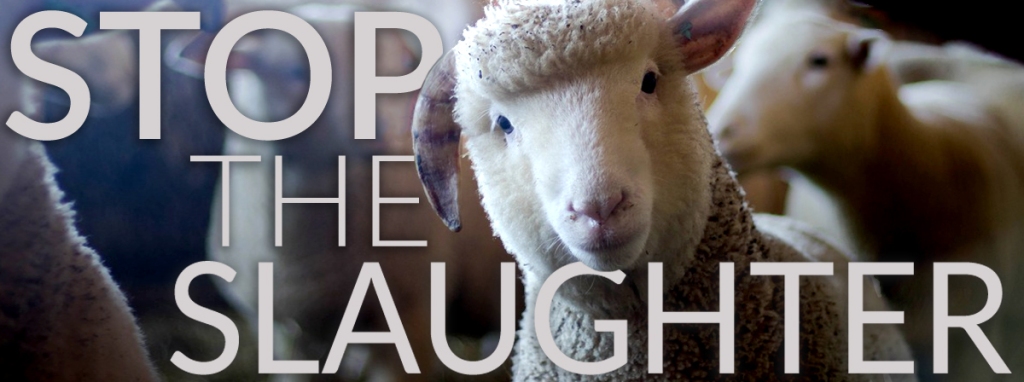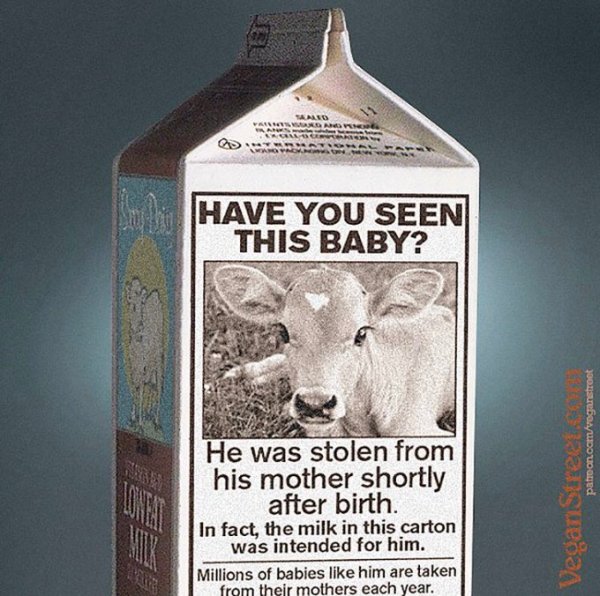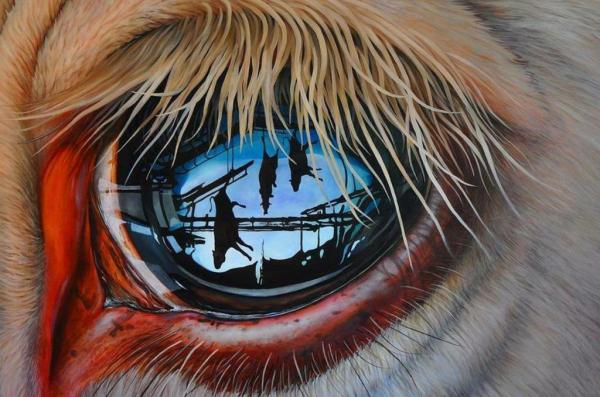Avatar, Avarice and Animals: It’s Not All About Us

What will the end look like? We may not see it, but our actions NOW have repercussive consequences ALWAYS: "What we do in life, echoes in eternity ..." Do you care? Then please do something. http://www.veganoutreach.org/globalwarming.html
From Change.Org
By Marc Bekoff
The highly successful movie Avatar, which will return to theaters in two weeks, points out just how invasive and inconsiderate we can be, blind to those who suffer as we incessantly redecorate nature, be they nonhuman animals, less fortunate humans, or humans we assume to be lesser than we are.
Avatar is the story of a corporation that’s trying to drive the indigenous Na’vi on the planet Pandora away from their ancestral home, because it happens to sit on a mineral the company wants to mine for profit. As Nathaniel Whittmore noted on the Social Entrepreneurship blog, the film teaches us at least three important lessons: 1) the profit motive is dangerous when unchecked (which we’ve seen recently played out in El Salvador); 2) there are things that humans — big-brained, arrogant, and invasive mammals — don’t understand; and 3) persistence matters and with hard work we can make positive differences in the world.
Individuals, of any species, have inherent or intrinsic value because they exist and this alone mandates that we coexist with them. That was the Na’vi way of life. Yet through a combination of habitat loss and climate change, we are in the midst of the sixth great extinction of species. In both the movie and in reality, humans are the major cause of an incredible loss of biodiversity; researchers have coined the term “anthropocene” to highlight humans’ significant impact on the Earth’s ecosystems and climate.
Right now, we can all start making more humane and ethical choices in our daily lives — the food we eat, the clothes we wear, the products we buy, and the cars we drive, for example. It doesn’t have to take much effort to make a positive difference.
Simply put, there are far too many of us. Many people don’t like to talk about our own tendency to over-produce, but at the core, that’s the major problem of why we’re losing species at an incredible rate. We also shamelessly over-consume.
Theologian Thomas Berry stressed that our relationship with Nature should be one of awe, not one of use. The world of Pandora was visually stunning, which no doubt helped make the movie so successful, but I’ve learned first-hand that the worlds of other animals on our own planet are laden with magic and wonder.
I’ve been extremely fortunate having had numerous personal experiences around the world both with fascinating animals and with incredible people working selflessly on their behalf. I’ve seen lions, leopards, and spotted hyenas in Kenya; helped to rescue dogs and rehabilitate moon bears who were tortured for their bile in China; observed dolphins off the coast of Adelaide, Australia; been confronted by an angry baboon in the Masai Mara; collected yellow (urine-soaked) snow in Boulder, Colorado, and elephant poop in Northern Kenya; and been nipped in the butt by a mother coyote who thought I was getting too close to her youngsters.
Many people in wealthy countries, a small fraction of the world’s population, are incredibly fortunate to live with an amazing array of animals and plants. We should never take this for granted because it may not always be so. When we make conservation and environmental decisions and redecorate nature, the lives of individual animals — our own indigenous societies — must be factored in. While most people agree that animals must be part of the equation for coexistence, when push comes to shove, and profits are compromised or people’s lives are perceived to be threatened, it becomes all about us.
Among my worst fears is that I’ll wake up one day and wonder where all the animals have gone. Even if we do make immediate changes, numerous animals will perish. But that’s where the persistence and hard work come in. We don’t have to produce a movie, write a book, or found a movement or organization to make a difference. Right now, we can all start making more humane and ethical choices in our daily lives — the food we eat, the clothes we wear, the products we buy, and the cars we drive, for example. It doesn’t have to take much effort to make a positive difference.
We need to re-wild our hearts and build corridors of compassion and co-existence that include all beings. We’re not the only show in town. We need to treat animals better or leave them alone. I hope Avatar gets people not only to think about how we, as humans, impact other individuals, but also moves us to do something about our invasive ways before it’s too late.
Marc Bekoff is Professor Emeritus of Ecology and Evolutionary Biology at the University of Colorado. He has published numerous essays and books, and has received several awards for his work with animals.
Vodpod videos no longer available.
RELATED:













































WE ALL KNOW OUR PLANET WILL BE DESTROYED BY US OUR SELVES MANKIND SO THEREFORE ALOT OF US NEED TO JUST ENJOY WHAT GOD GAVE US AND MAKE THE MOST OF IT AND HELP TO IMPROVE IT IF WE CAN
LikeLike